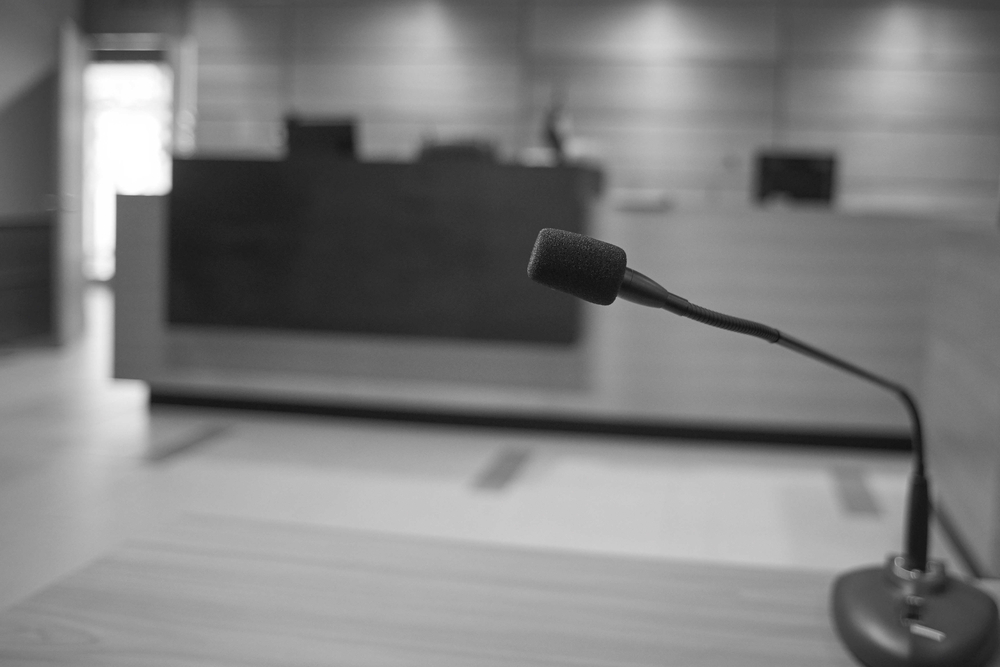Check out another “Can We Talk” letter to the editor regarding the request that Joy Schank and I have made that NPUAP members disclose their work as expert witnesses, and that the NPUAP develop a policy pertaining to expert testimony.
I think expert testimony is an obligation for practitioners if they have the ability and training. I don’t like it but I do it. I have found myself defending hospitals and practitioners that were sued for pressure ulcers that occurred in patients who were hypotensive and/or in shock. The expert for the plaintiff is often or a current or former NPUAP Board member. Since we haven’t defined what constitutes “medically unpreventable” pressure ulcers, the outcome of these lawsuits often hinges on which expert the jury likes the most. Given the vital importance of the NPUAP staging system, I think the NPUAP should have a policy regarding expert testimony by its members. Many professional societies (both medical and nursing) have policies regarding expert testimony. By way of example, I am providing this link to the policy by the American College of Surgeons, and I’ve pulled out a few important sentences. Note that most medical professional societies limit expert witness testimony to individuals with an active license who are currently practicing. I think it’s time all wound care professional organizations think about setting standards about expert testimony.
“Physicians understand that they have an obligation to testify in court as expert witnesses on behalf of the plaintiff or defendant as appropriate. The physician who acts as an expert witness is one of the most important figures in malpractice litigation. In response to the need to define the recommended qualifications for the physician expert witness and the guidelines for his or her behavior, the Patient Safety and Professional Liability Committee of the American College of Surgeons has issued the following statement.
Failure to comply with either the recommended qualifications for the physician who acts as an expert witness, or with the recommended guidelines for behavior of the physician acting as an expert witness, may constitute a violation of one or more of the Bylaws of the American College of Surgeons.
Recommended qualifications for the physician who acts as an expert witness:
The physician expert witness must have had a current, valid, and unrestricted state license to practice medicine at the time of the alleged occurrence.
The physician expert witness who provides testimony for a plaintiff or a defendant in a case involving a specific surgical procedure (or procedures) should have held, at the time of the alleged occurrence, privileges to perform those same or similar procedures in a hospital accredited by The Joint Commission or the American Osteopathic Association.
The physician expert witness should be prepared to document the percentage of time that is involved in serving as an expert witness. In addition, the physician expert witness should be willing to disclose the amount of fees or compensation obtained for such activities and the total number of times he or she has testified for the plaintiff or defendant.
Physicians have an obligation to testify in court as expert witnesses when appropriate. Physician expert witnesses are expected to be impartial and should not adopt a position as an advocate or partisan in the legal proceedings.
The physician expert witness should be prepared to distinguish between actual negligence (substandard medical care that results in harm) and an unfortunate medical outcome (recognized complications occurring as a result of medical uncertainty).”

Dr. Fife is a world renowned wound care physician dedicated to improving patient outcomes through quality driven care. Please visit my blog at CarolineFifeMD.com and my Youtube channel at https://www.youtube.com/c/carolinefifemd/videos
The opinions, comments, and content expressed or implied in my statements are solely my own and do not necessarily reflect the position or views of Intellicure or any of the boards on which I serve.



